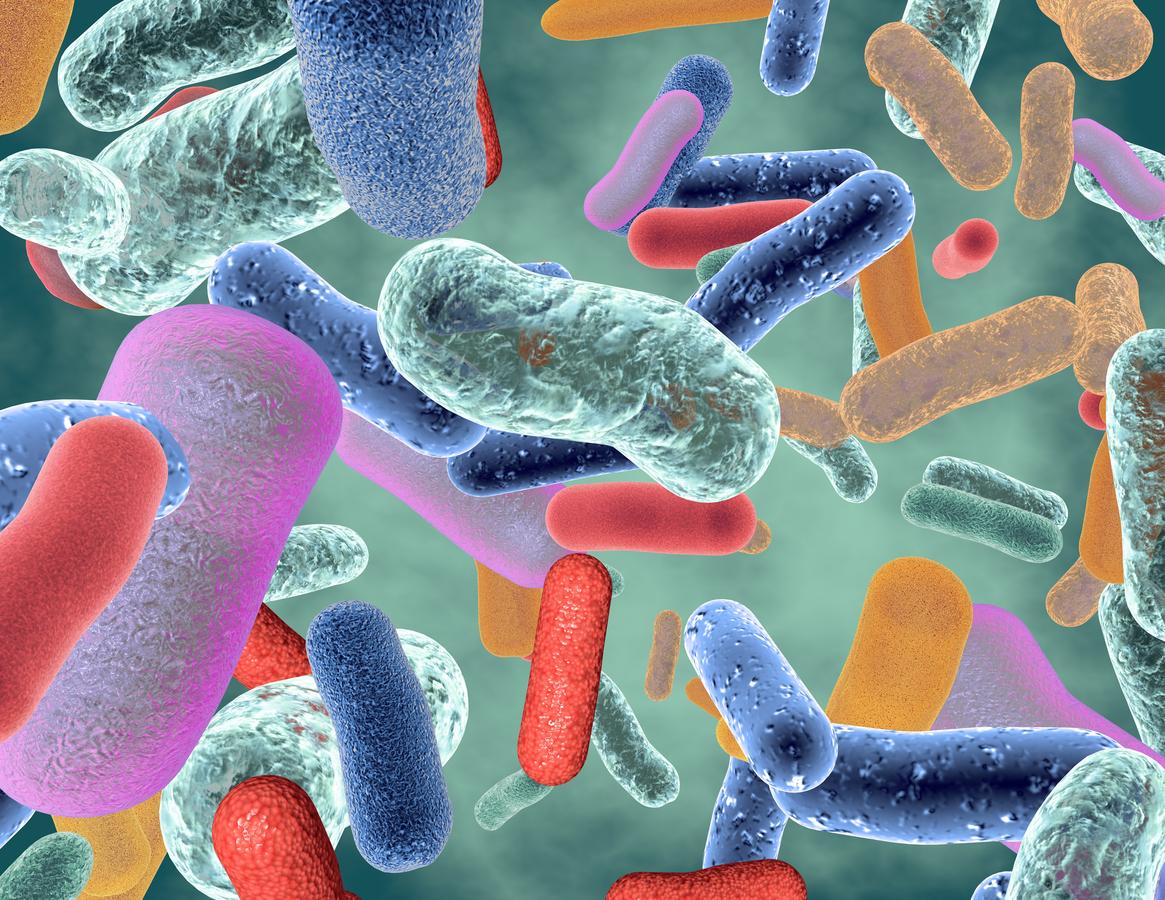The composition of the gut microbiota can predict how the body will react to an unbalanced diet, leading to obesity, and the development of conditions such as diabetes where the cardiovascular illnesses, according to the rresults of a study published in the journal Cell Reports. These conclusions were obtained in mice.
While a diet rich in fat is an essential factor inobesity and related pathologies such as diabetes and cardiovascular diseases, some studies point out that some individuals do not suffer the consequences of an unbalanced diet and that the intestinal microbiota would have a key role to play in this process.
“We know that our environment and our genetic heritage can influence the risk of obesity and diseases, but the effects of these communities of bacteria living inside our body are less well known”, explains Marc Emmanuel Dumas, of the Department. of Surgery and Cancer at Imperial College, which led the study. “By using a group of mice with the same genetic makeup, we were able to demonstrate the variability in animals subjected to a diet high in fat.”
Read also: Too much fat quickly unbalances the intestinal flora
A low-fiber diet harms the microbiota
The intestinal microbiota at the heart of weight gain
Researchers from Inserm in France with scientists from Imperial College London in the United Kingdom carried out an experiment with genetically modified mice to study the role that gut bacteria play in the way the body reacts to changes diet and its impact on health.
Before the rodents were fed a high-fat diet, the researchers sampled urine by magnetic resonance spectroscopy for compounds produced by their gut bacteria.
The results of this experiment revealed that while the rodents all received the same high fat diet, they showed different adaptations. Some grew more fat than others, or became less tolerant of glucose, one of the warning symptoms of diabetes.
This study showed that the main chemical signatures revealed certain results, in particular, weight gain and glucose tolerance. Indeed, researchers have identified a compound, trimethylamine-N-oxide (TMAO), which has been shown to be able to identify glucose tolerance.
The intestinal microbiota therefore plays a key role in our health. Ultimately, it would be possible to offer patients personalized diets based on the constitution of their intestinal flora.
“This study shows that the value of a diet is determined not only by your genes, but also by the genes of the gut microbiota.” “When this develops early in life, we start with very little. germs, and we acquire more bacteria from our environment as we grow. This means that small differences in the local environment can lead to great diversity in the microbiota, ”explains Dominique Gauguier, Inserm research director.
Read also:
10 tips to improve your intestinal well-being
Genetics influence bacteria in our gut
How to have a good intestinal flora?


















